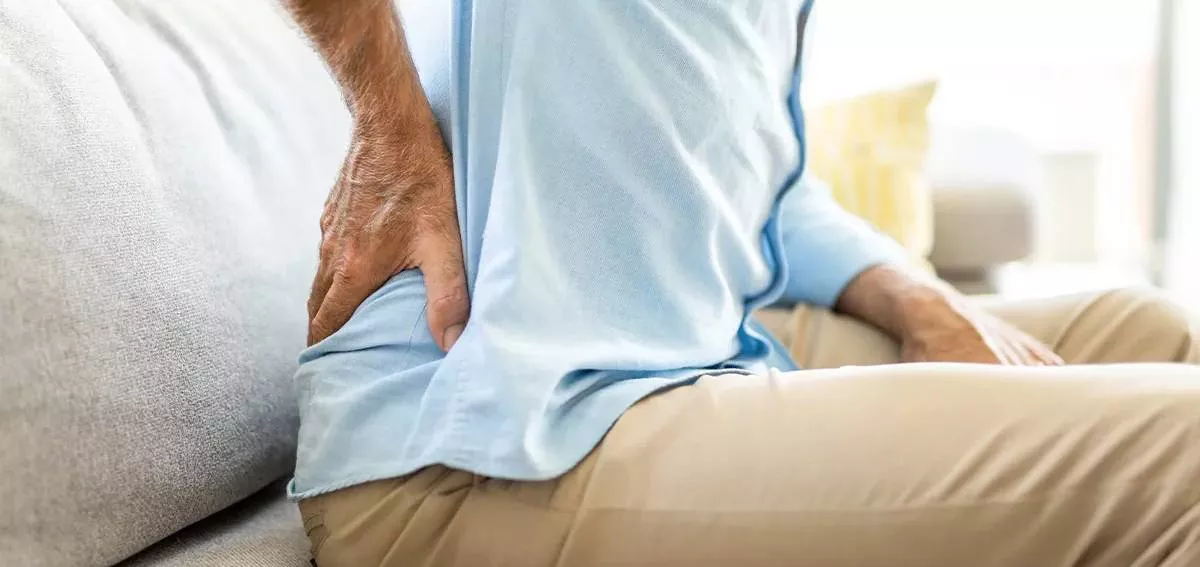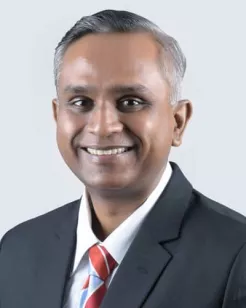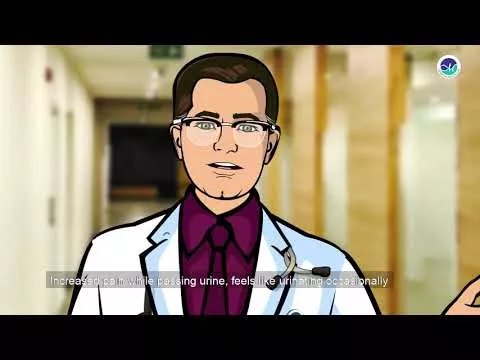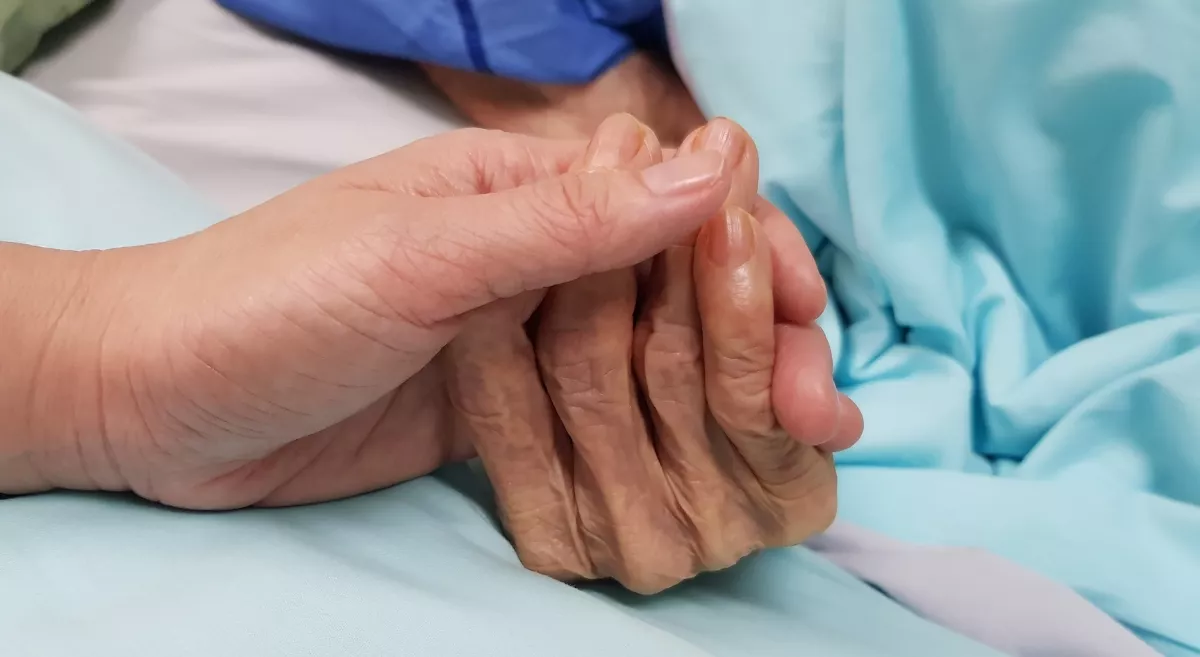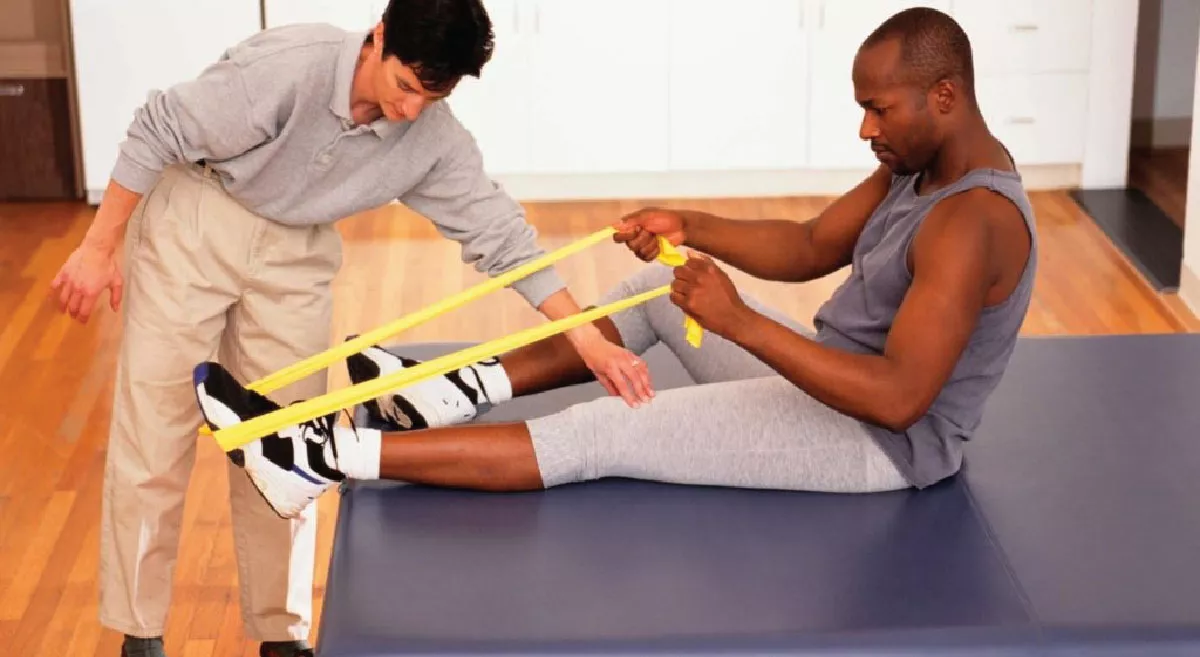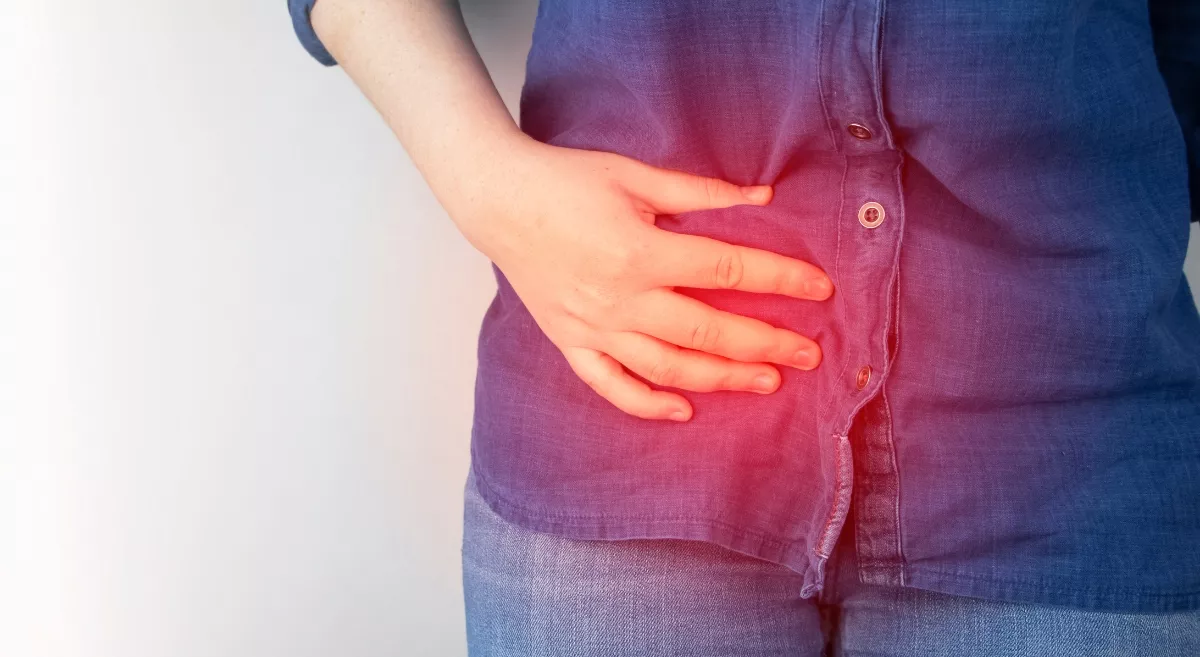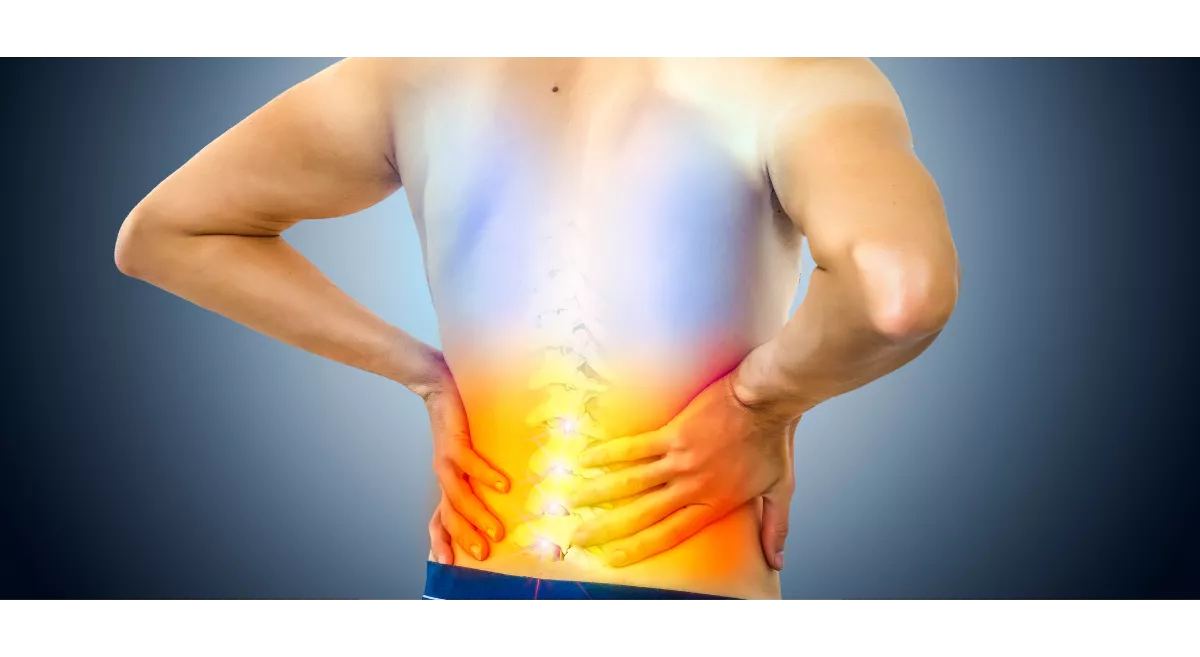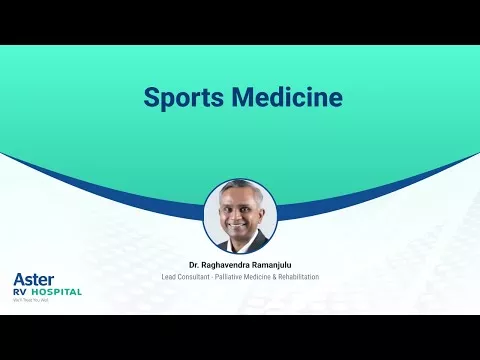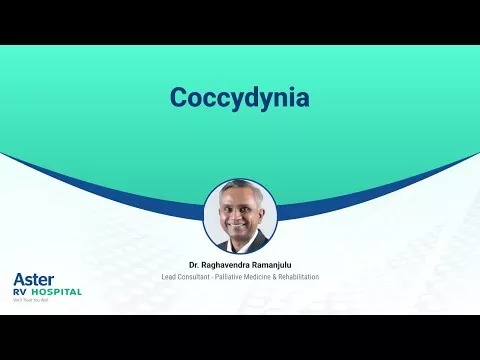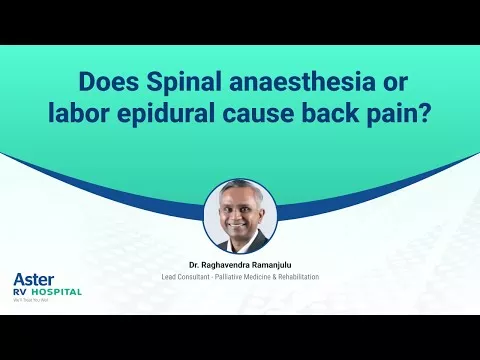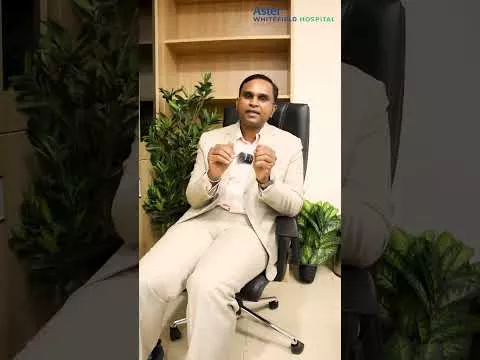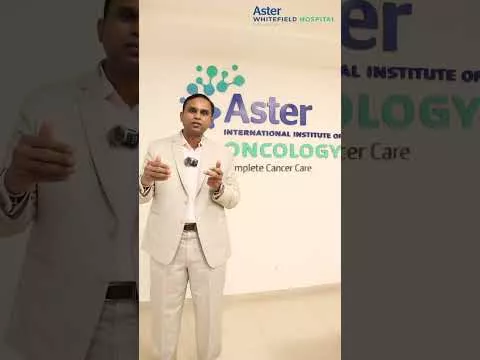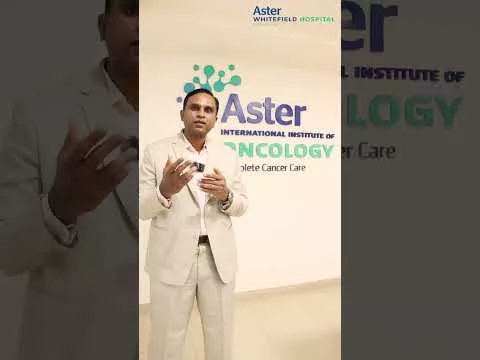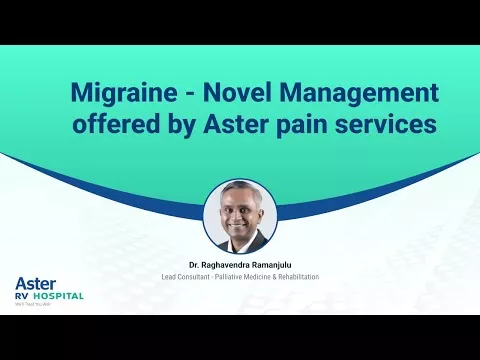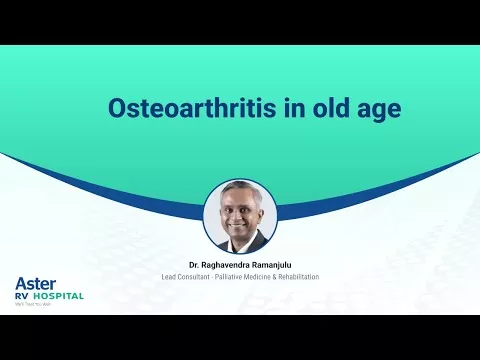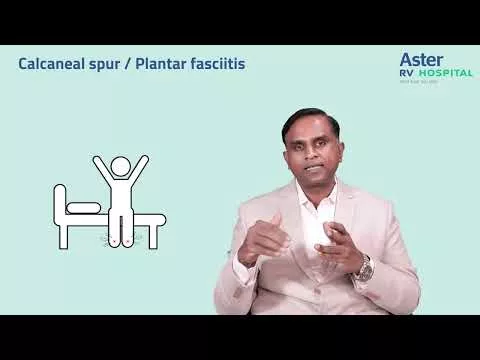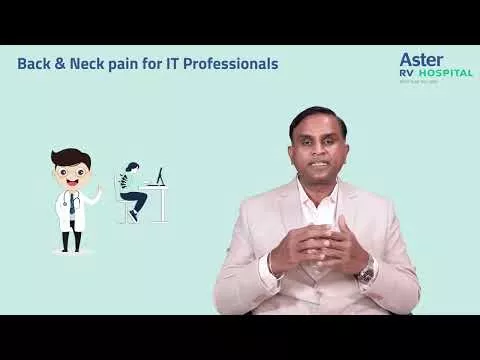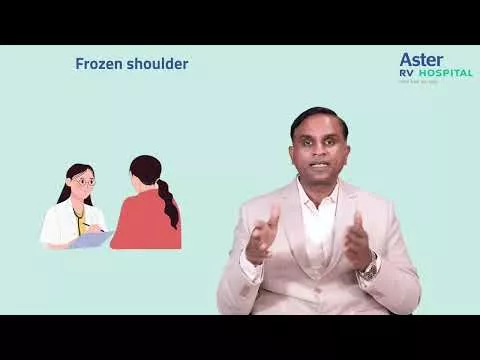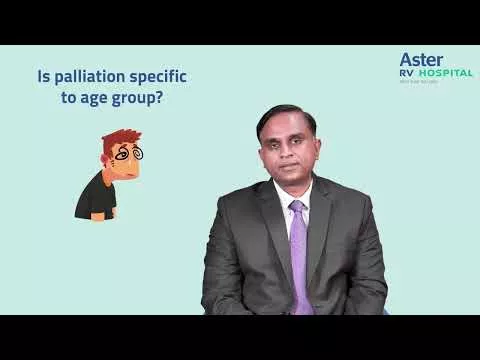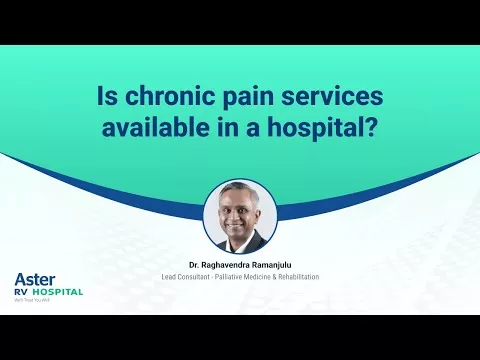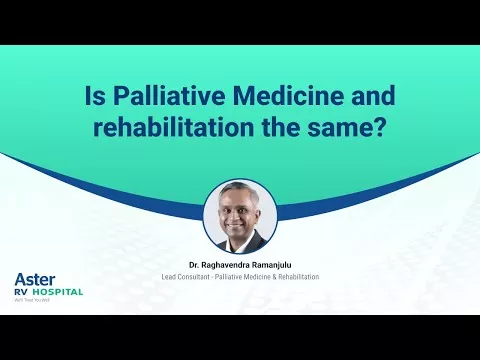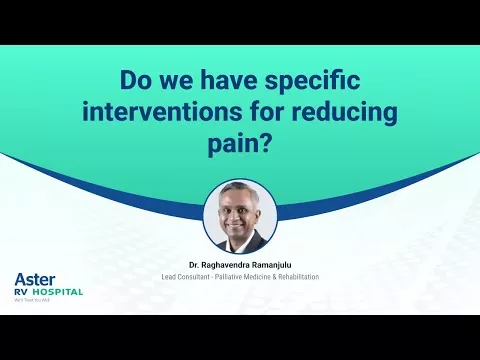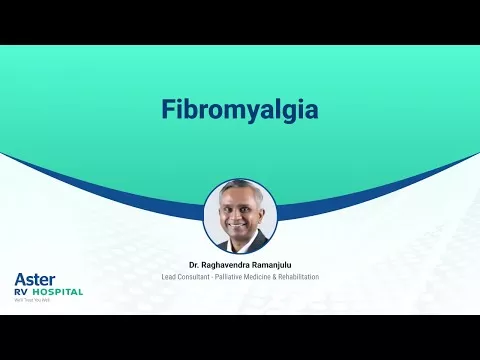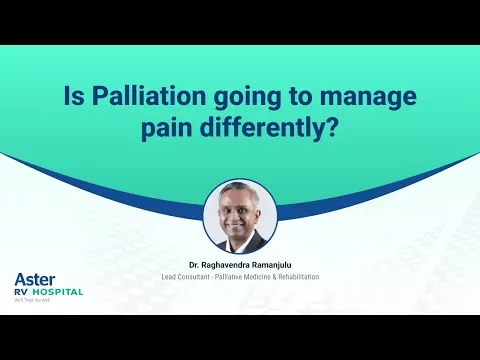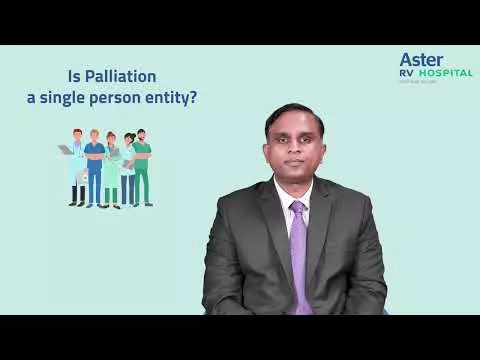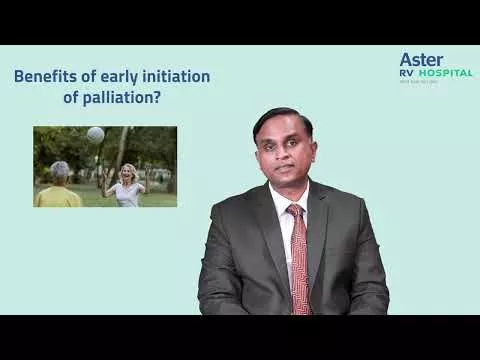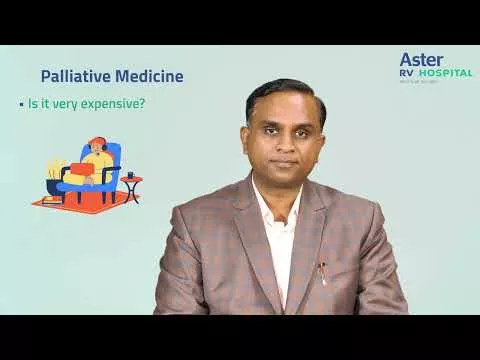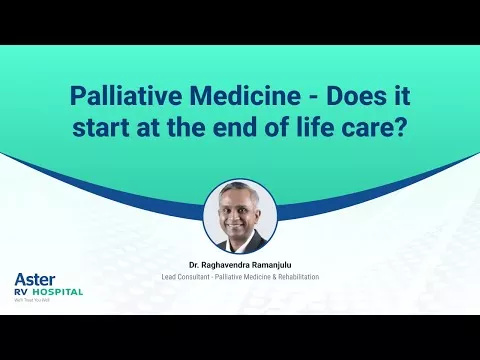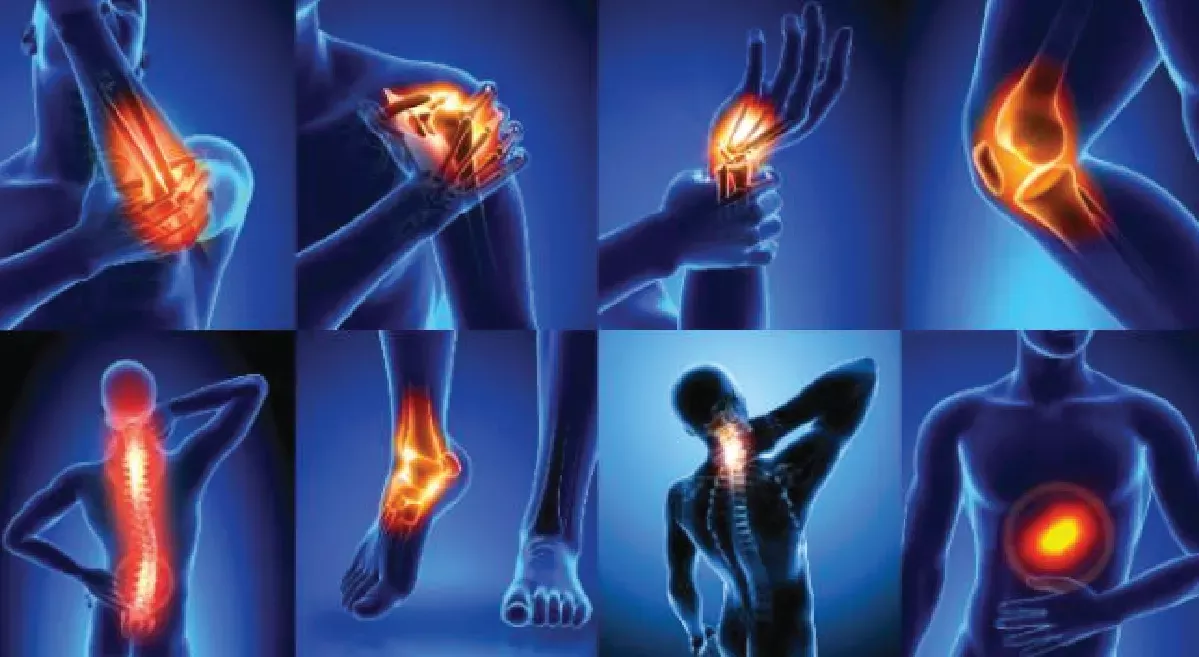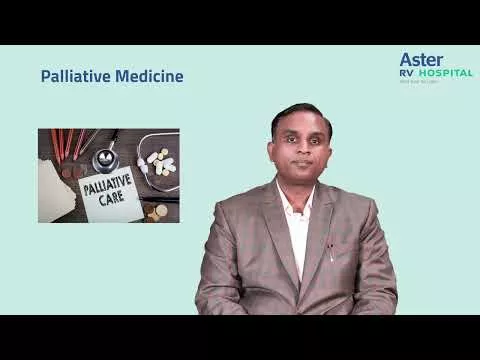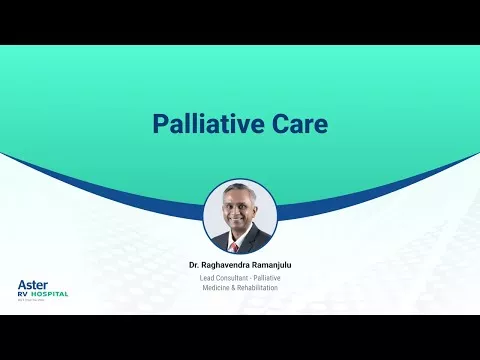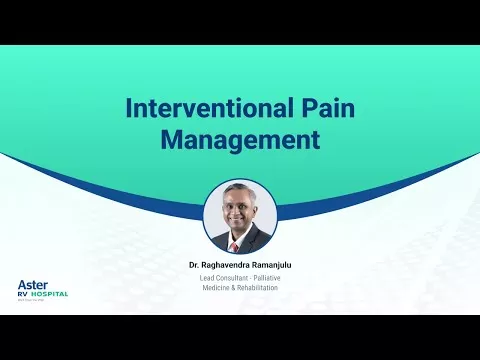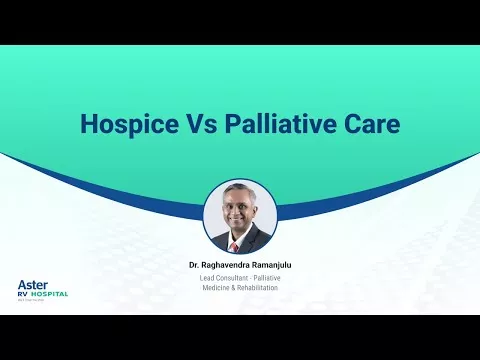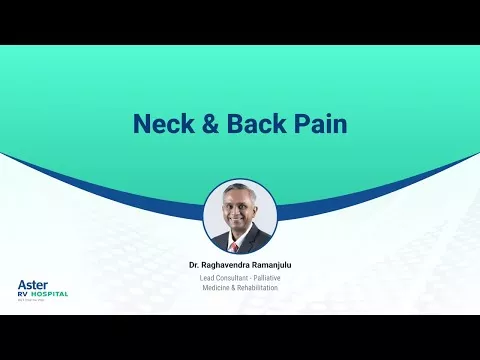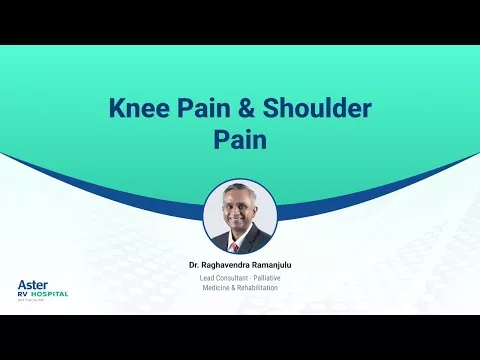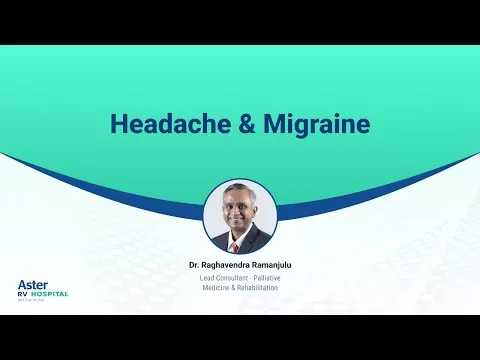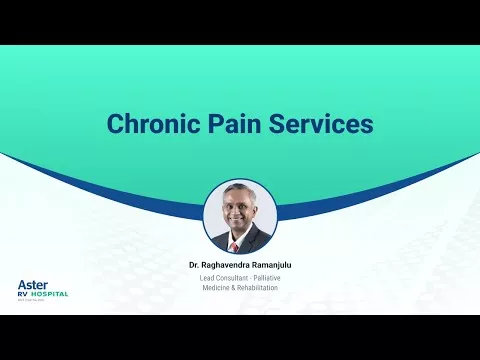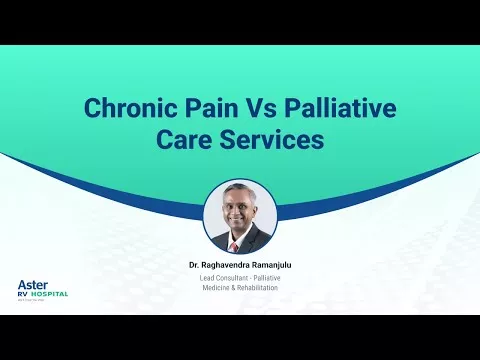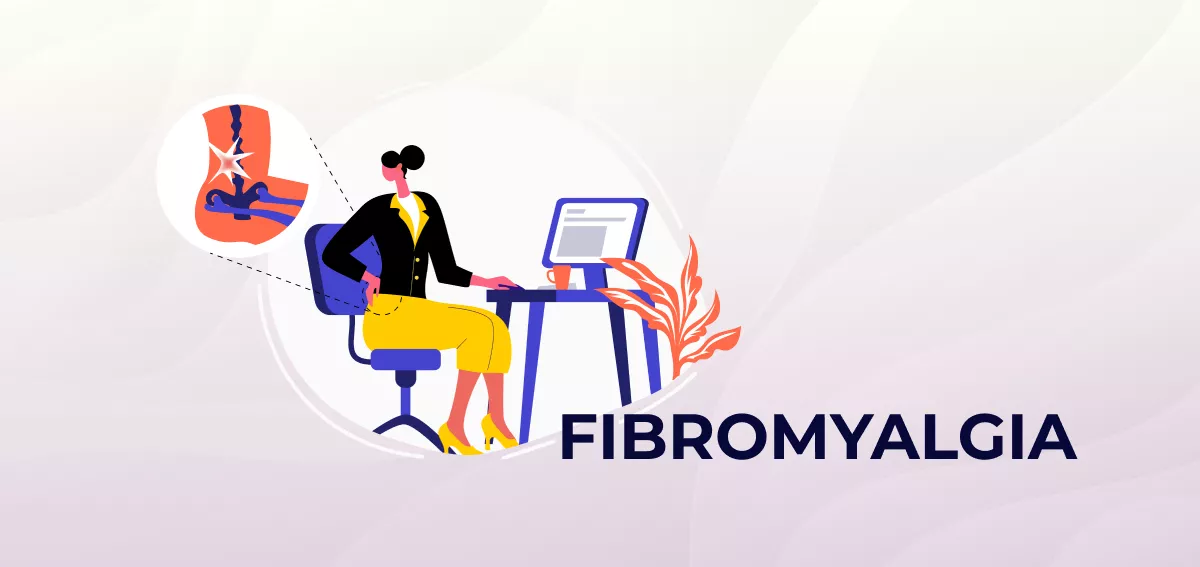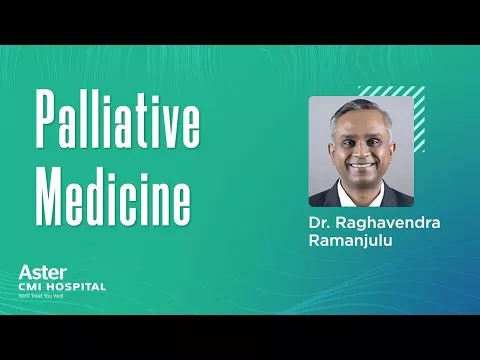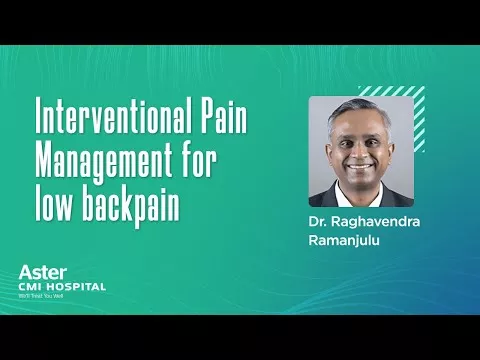Mr Kumar, a 36-year-old Gentleman working as a software engineer, driving home from work in his car collided with another car 4 months ago. He had bruises on his shoulder that have since healed. Since then, though he didn't have any visible injury, he had pain in his neck and associated headache, unable to move his neck freely, unable to sit at the computer without having shoulder pain. His sleep is affected. He has already seen 5 doctors for the same. “ Please help me, this pain is affecting my everyday life!"
Mrs. Vanessa, a 28-year-old lady, a manager in a reputed bank. Has been suffering from low back pain for 3 years now. She has seen many specialists with MRI reports and still, there is no definitive answer. She has tried pills, and physiotherapy and is frustrated now as she is unable to sleep and work to her best potential now. “ Please help me, this pain is affecting my daily living!”
Mr. Sumith, a 40-year-old businessman, was experiencing facial pains. It was mainly on the right side of his face. He had seen many doctors who had diagnosed him with trigeminal neuralgia and on oral medications for the same. The pain has become intractable with 2 medications and unable to perform his daily activities like brush his teeth, sit in an AC room, and chew his food well. He was frustrated as he had no answer. "Please take this pain away! I cannot go on like this!"
So, what do all these individuals feel?
What is Chronic Pain?
Pain that persists after an injury seen/not seen has completed its required time for healing is called Chronic pain. No one is able to empathize with what it feels like to live with chronic pain, as it is only you who will have to live with it every day! Most people may not believe you have pain as no one can see something outside to prove that you have pain. It is something that was there more than about 3 months ago but is not visible now, so there should be no pain! It can be very hard for the person undergoing pain. Do you identify this for yourself or someone who you care about?
Is Chronic Pain Common?
Chronic pain is seen in about 19.3% of Indians! That is a significant emerging health issue. In a recent study, of the 4326 individuals screened, 71.2% were seeing a professional for their pain, with only 4.8% seeing a pain specialist. 36% of this group were unable to carry on with their daily life! The World Health Organization has estimated that about 80% of the global population does not have relief from pain.
Why is it important to address this Chronic Pain?
Chronic Pain has been proven to have a significant negative impact on the lives of individuals and their families. The productivity at work suffers. Doing activities of daily living that are taken for granted by others, is a considerable challenge for those with chronic pain. It affects your energy to do daily work, sleeps, do activities you enjoy, makes you anxious, angry, and hopeless, and impacts the psychological state of a person. Repeated visits to professionals, unable to get a clear answer, can significantly negatively affect the individual. Individuals with Chronic pain frequently are hard on themselves to work harder and prove that they can be equal contributors to the family, yet when unable to do so, worsen their pain as the expectations are not met.
Guidance is needed to support and manage this pain, and help the individual feel “whole” again.
Why do we get Chronic pain?
Chronic pain can sometimes be caused by an obvious ongoing cause, such as osteoarthritis, and peripheral neuropathy from Diabetes. Sometimes, the obvious cause is not found at the time of presentation. A previous injury, now healed, causes changes in your body that result in pain. At other times, there is no previous injury to the area, yet there is pain. Musculoskeletal pain/ Trigeminal Neuralgia/ Chronic pelvic pain/long-standing headaches treated as migraine but treatment not helping are to name a few. Chronic pain is attributed to a product of abnormal neural signaling through transmission and perception of pain. Our experiences in the past, the beliefs we have, the circumstances, societal pressures, and our psychological makeup all go towards contributing to the level of pain.
How do we address/ manage Chronic pain?
It is a common myth that chronic pain is to be managed by bed rest! Or that we have to live with it! This is not true. It depends on the cause of the Chronic pain. A chronic Pain Physician is a specialist who is specifically trained to understand, identify, assess and manage Chronic pain in an individualized manner. The Chronic Pain Physician works with a team to help you on the journey of recovery from chronic pain.
Here are some ways through which these experts can help you overcome the condition -
- Pain-relieving medications – There are no blanket medications out there for Chronic Pain management. Counter, medications should not be encouraged and can cause serious damage to important organs in the body. After a detailed history, examination, assessment, tests, and your Chronic Pain Physician tailor-prescribes your medications. Pain medications such as nonsteroidal anti-inflammatory drugs (NSAIDs), neuropathic pain medications, and antidepressants are a few medications that can be prescribed.
- Physiotherapy and exercise – Physiotherapy or physical therapy help in reducing chronic pain and increasing the movement of an affected body part. Exercises such as walking, and swimming can help reduce pain. Physical exercise can be a very good stress reliever and improves mood, thus improving pain. Physiotherapy will also offer Transcutaneous Electrical Nerve Stimulation (TENS) /Ultrasound therapy.
- Stress - Stress plays a major role in the cause of chronic pain, hence finding ways to manage this stress becomes important. It is important to know that pain does not need medications all the time. There are modalities of pain management such as Psychological support through breathing techniques, psychotherapy, and cognitive behavioral therapy that can improve pain significantly, allowing the individual to address and cope with the pain better.
- Addressing Emotions: Meeting with the Psychologist is important to address negative emotions, anxiety, or depressive spectrum of distress due to Chronic pain.
- Sleep: Finding a sleep Hygiene schedule, lifestyle changes, exercise, and stress management all aid in getting better sleep.
- Diet: Maintaining a well-balanced diet is important for a good healthy immune and nervous system.
- Interventions for pain relief: This is very enticing for patients. Interventional pain management does not work on its own. The procedure has to be indicated, and after the procedure, there continues to be input from patients with exercise/diet/stress management/sleep/Physiotherapy. Some interventional procedures offered as per the indication are Steroid injections/ Nerve blocks/Radiofrequency Ablation. A detailed discussion with your Chronic pain specialist should be held for understanding the procedure offered.
- Acupuncture/ Acupressure/ dry needling – These are traditional forms of treatment and are an effective way to control and treat chronic pain.
So, what are we saying?
Chronic Pain is a common occurrence in the community, yet underreported. There are over-the-counter medications that are harmful to you. It affects the individual and family and causes undue distress. YOU SHOULD NOT HAVE TO LIVE WITH CHRONIC PAIN!
A Chronic Pain Specialist is a specialist who is skilled at understanding your pain and individualizing your pain management. The management requires a team (Multimodal Interdisciplinary approach) to address the physical, emotional, and psychological influencers on the perception of pain, for effective pain relief.
Contact, Aster RV- a pain management hospital in Bangalore for further details.
